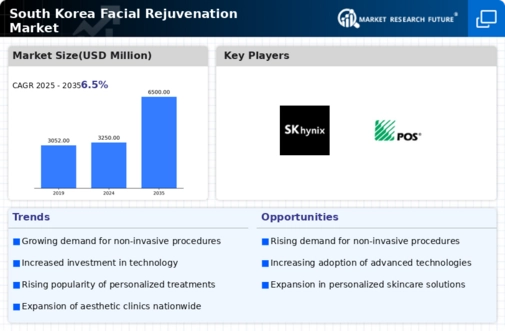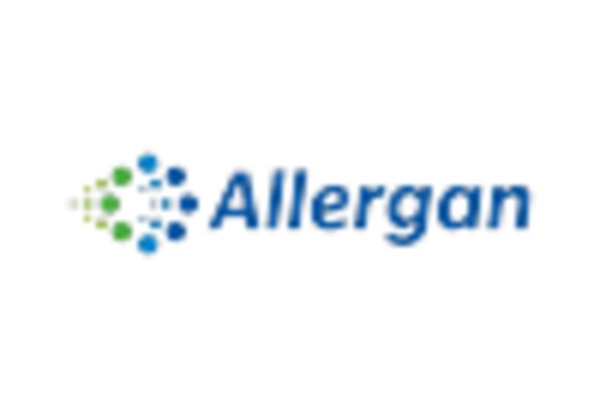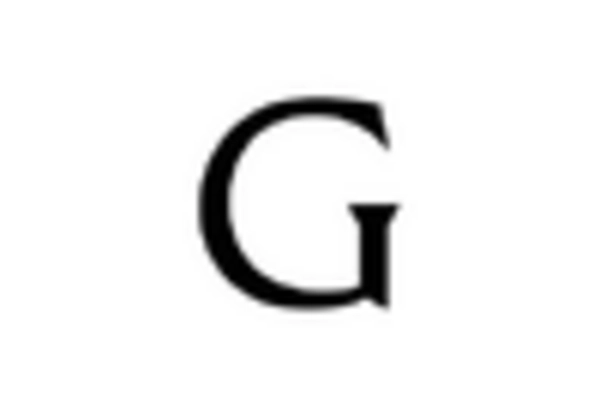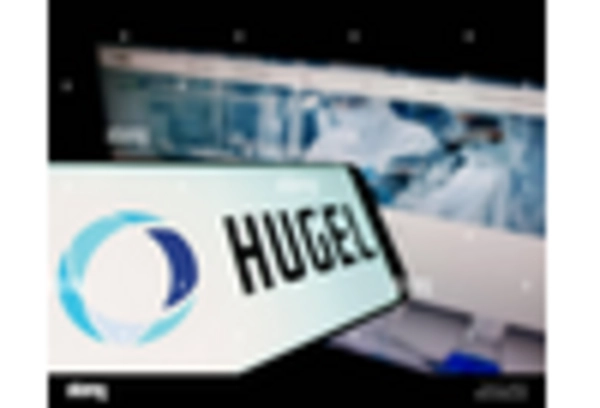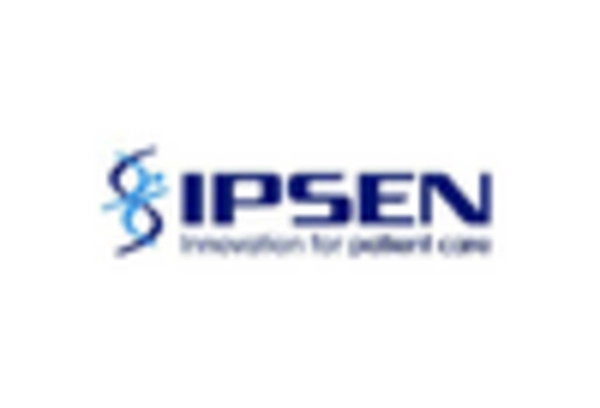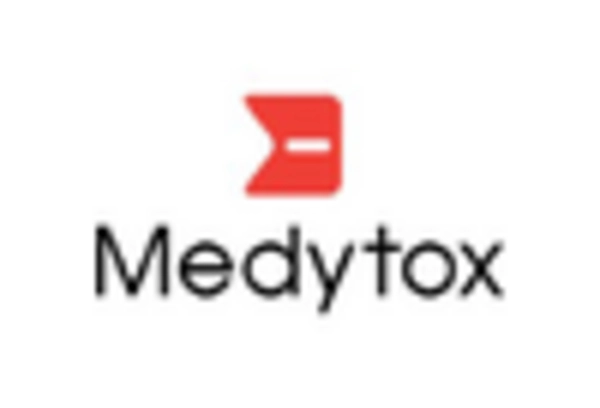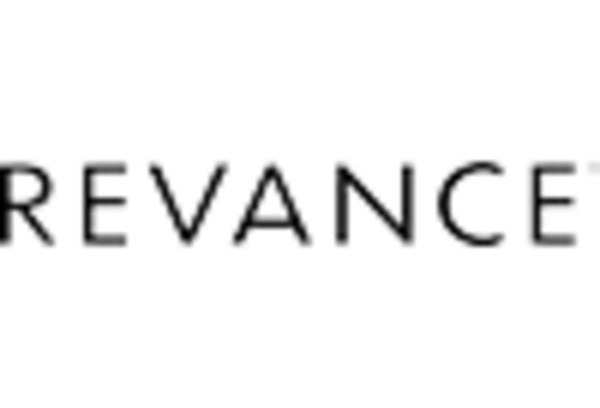Growth of Medical Tourism
The growth of medical tourism is emerging as a vital driver for the facial rejuvenation market. South Korea has become a popular destination for individuals seeking high-quality aesthetic treatments at competitive prices. The influx of international patients seeking facial rejuvenation procedures contributes to the market's expansion. In 2025, it is estimated that medical tourism in South Korea will generate revenues exceeding $1 billion, with a significant portion attributed to cosmetic procedures. This trend not only boosts the local economy but also enhances the reputation of the facial rejuvenation market as a leader in innovative and effective treatments.
Increased Awareness of Skin Health
Increased awareness of skin health is significantly impacting the facial rejuvenation market. As consumers become more informed about the importance of skincare and its effects on aging, there is a growing interest in treatments that promote skin vitality. Educational campaigns and social media influencers are playing a pivotal role in disseminating information about the benefits of facial rejuvenation procedures. This heightened awareness is likely to drive market growth, with projections indicating a potential increase in demand by 15% over the next few years. The facial rejuvenation market is thus positioned to capitalize on this trend, offering a range of treatments that cater to the evolving preferences of health-conscious consumers.
Cultural Emphasis on Youthful Appearance
In South Korea, there exists a strong cultural emphasis on maintaining a youthful appearance, which significantly influences the facial rejuvenation market. The societal norms and beauty standards often prioritize youthfulness, leading to a high demand for rejuvenation treatments. This cultural backdrop encourages individuals to invest in their appearance, resulting in a market that thrives on aesthetic enhancements. Recent surveys indicate that over 60% of South Koreans consider cosmetic procedures as a means to boost self-esteem and social acceptance. Consequently, the facial rejuvenation market is likely to continue flourishing as more individuals seek to align with these cultural ideals.
Increasing Demand for Aesthetic Procedures
The rising demand for aesthetic procedures is a notable driver in the facial rejuvenation market. In South Korea, a growing number of individuals are seeking non-surgical options to enhance their appearance. This trend is reflected in the increasing number of clinics offering various facial rejuvenation treatments. According to recent data, the market is projected to grow at a CAGR of approximately 10% over the next five years. This surge is attributed to a heightened awareness of personal aesthetics and the desire for youthful appearances, particularly among the younger demographic. The facial rejuvenation market is thus experiencing a shift towards more accessible and less invasive options, catering to a broader audience.
Technological Advancements in Treatment Options
Technological advancements play a crucial role in shaping the facial rejuvenation market. Innovations such as laser therapy, ultrasound treatments, and advanced injectables have transformed the landscape of aesthetic procedures. In South Korea, the integration of cutting-edge technology has led to more effective and safer treatment options, attracting a diverse clientele. The market is witnessing a significant increase in the adoption of these technologies, with a reported growth rate of 12% in the last year alone. As practitioners become more skilled in utilizing these advanced techniques, the facial rejuvenation market is likely to expand further, offering patients enhanced results with minimal downtime.


